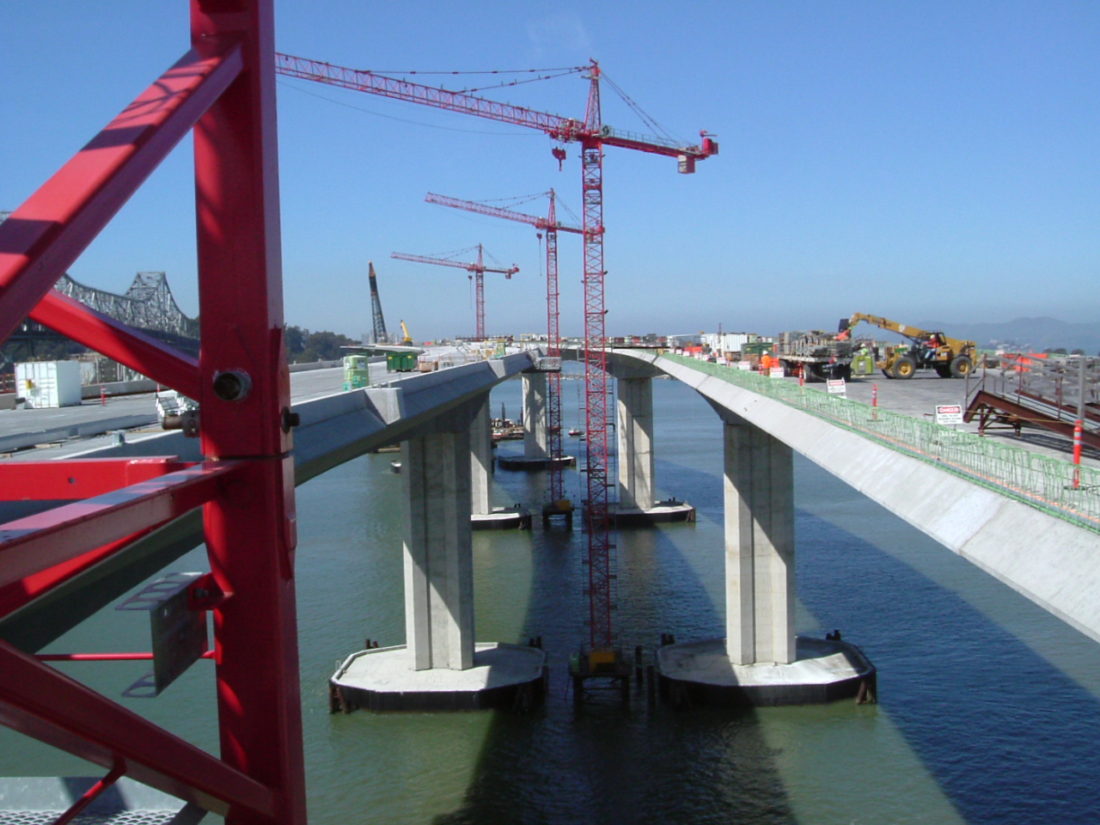Important Factors to Consider Before Choosing a Civil Engineering Course
Do you want to start a career in civil engineering? If you do, you need to obtain the appropriate qualification first. However, before you eventually choose a civil engineering course, you need to consider the following factors.

Your Personal Abilities and Ambitions
Before you sign up for a bachelor or masters degree in civil engineering, you need to determine whether or not you are suitable for this type of course. You should already have a keen interest in the construction industry and possess some of the technical skills required. If these solid foundations exist, it’s more likely that you will enjoy the civil engineering course you enroll in. You will also find it easier to complete the course and you should get the job you really want once you have graduated from the course.
Course Recognition and Accreditation
In most instances, students complete a course like an online civil engineering degree because they want to improve their career prospects and work in a particular area of civil engineering. Unfortunately, not all civil engineering courses are created equal and some are better than others.
To ensure that you give yourself the best possible chance to follow your desired career path, it’s essential to find out if the course you are interested in is an accredited program. It should be recognized by employers, and for those who intend to work abroad, you may need to also find out if the qualification you obtain will be accepted in other countries too.
Areas the Course Covers
Surveying, engineering management, geotechnical engineering, road building, bridge building, and utility services projects are just some of the areas a qualified civil engineer can work in. To get a better understanding of these areas and the area that suits you the most, it’s vital to take a course that includes modules that cover the most relevant civil engineering disciplines. For example, your course should cover important modules related to structural design, construction management, and transportation engineering.
Contributors to the Course
The quality of a civil engineering course often depends on who has created the course and the individuals who have contributed to it. If leading academics and construction professionals have played a part in developing course modules, this will make the course a much more valuable one. As well as this, these construction professionals could become important contacts, especially when you are looking for advice or when you are looking for work after you graduate.
Practical Considerations
While you study, your life will be put on hold for a while and you will have to make changes to your daily routine. To find out just how much your life will change, there are practical considerations you should be aware of. For instance, you need to find out how the course will take to complete, where it is located, how much it will cost, and how much of your time each week will be taken up with studying.
If you want to give yourself the best possible start to your civil engineering career, it’s crucial to choose the right civil engineering course. Considering each of the points above will go a long way towards doing this.









